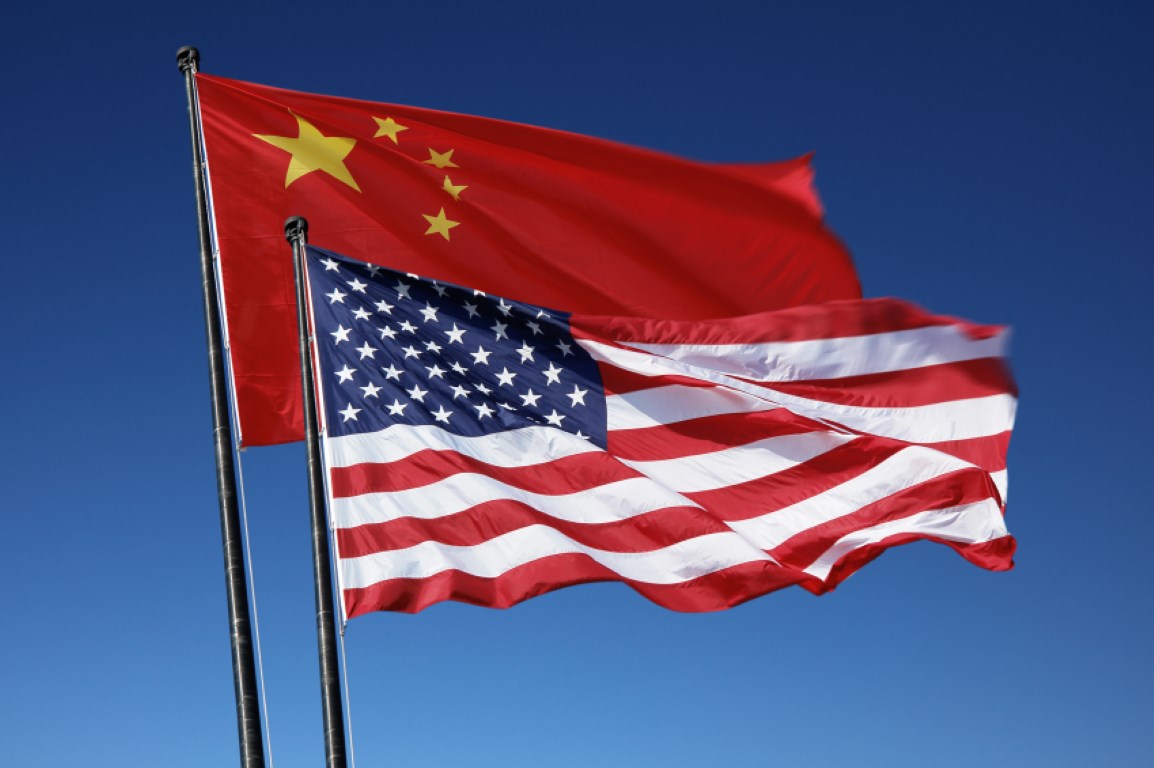Chinese spies in US universities?
February 14, 2018 | Expert Insights

On the 13th of February, the Senate Intelligence Committee gathered to discuss US security concerns. Foremost amongst these was China. Officials discussed the “whole of society” approach taken by Beijing, and its strategic use of academic institutes, businesses, and telecommunications.
These comments come in the context of increased disagreements between the two nations over trade.
Background
The United States and China are the two largest economies in the world. Both countries consider the other as a partner in trade and an adversary in geopolitics.
Diplomatic relations between US and China was first established in 1844 with the Treaty of Wanghia. This agreement allowed the US to trade in Chinese ports. After the Qing Dynasty was overthrown, in 1911, the US recognised the legitimacy of the Republic of China (ROC) government. However, this government was overthrown by the Communist Party of China, whom the US officially recognised by the 1970s. The two nations currently see each other as significant security threats due to their different approaches to global politics.
The US and China have a robust framework of trade. The US-China trade relationship supports around 2.6 million jobs in the United States. In 2015, China purchased $165 billion in goods and services from the United States. After Japan, China is the US’s biggest overseas creditor. China’s trade surplus with the United States widened in 2017. The two countries have a trade deficit of $347 billion in favour of China.
US President Donald Trump has been vocally a critic of China. He blames the country for the loss of jobs within the US. He has also often criticised their “very unfair and one-sided” trade relationship. In January this month, the US blocked the sale of money-transfer service Moneygram to Ant Financial, an affiliate of Chinese e-commerce giant Alibaba.
Huawei and ZTE, Chinese telecommunications giants popular in markets across Asia, South America, and the Middle East, have also faced scepticism from Washington. Huawei was founded in 1987 by a former People’s Liberation Army officer. This January, the US conglomerate AT&T dropped a deal to sell Huawei smartphones after security concerns.
In an interview with Reuters this January, President Trump said that US companies are forced to transfer intellectual properties if they want to do business in China, and that a trade investigation has been started regarding this issue. According to the New York Times, America loses almost $600 billion a year to intellectual-property theft, and China is a main suspect.
Meanwhile, Chinese students account for 31.5% of all international students in American higher institutes of learning. According to a 2016 estimate, over 325,000 Chinese students were enrolled at US universities.
Analysis
In the most recent hearing of the Senate Intelligence Committee on Tuesday (13th February), senior representatives of US intelligence agencies spoke about the security threats posed by China.
The first arena discussed was academia. The committee expressed concerns regarding the “naiveté” of universities regarding the possibility of informants amongst students and faculty. “The reality is that the Chinese have turned more and more to creative avenues using non-traditional collectors" said FBI Director Christopher Wray. "They're exploiting the very open research and development environment that we have, which we all revere, but they're taking advantage of it.”
The Director suggested that these “non-traditional collectors” are used to glean useful information from academic institutions and research laboratories. China’s Confucius Institutes- foreign language institutes present in many state universities- have also come under scrutiny of late.
The private sector was also cautioned against joint ventures with Chinese firms, which may be attempts to access sensitive technology such as surveillance, an official said, pointing out the close associations between the state and several companies. According to Wray, a “more strategic perspective on China’s efforts to use acquisitions and other types of business ventures” is required.
The final area of focus was the cyber threats posed by telecommunication companies Huawei and ZTE, who are “widely understood to have extraordinary ties to the Chinese government,” according to Senator Richard Burr. "We're deeply concerned about the risks of allowing any company or entity that is beholden to foreign governments that don't share our values, to gain positions of power inside our telecommunications networks," said Wray. These companies are a concern as they provide “the capacity to maliciously modify or steal information” as well as to “conduct undetected espionage.” Director of National Intelligence Dan Coats also commented on the possibility of cyber-attacks.
Huawei’s response has been to state that it "poses no greater cybersecurity risk than any ICT vendor."
Officials agreed that China had begun to take a “whole of society” approach. This is “not just a whole of government threat, but a whole of society threat," said the FBI Director, "and I think it's going to take a whole-of-society response by us."
Assessment
Our assessment is that US security agencies are increasingly concerned with China’s soft power strategies. We have previously covered China’s advancements in using pioneering technology to make significant advances in their military. In this context, the United States’ concerns regarding intellectual property and cyber security seem valid. We also believe that comments made about the threat posed by the access of Chinese firms to intellectual property, could be used as a premise for the retaliatory trade action espoused by President Trump.








Comments